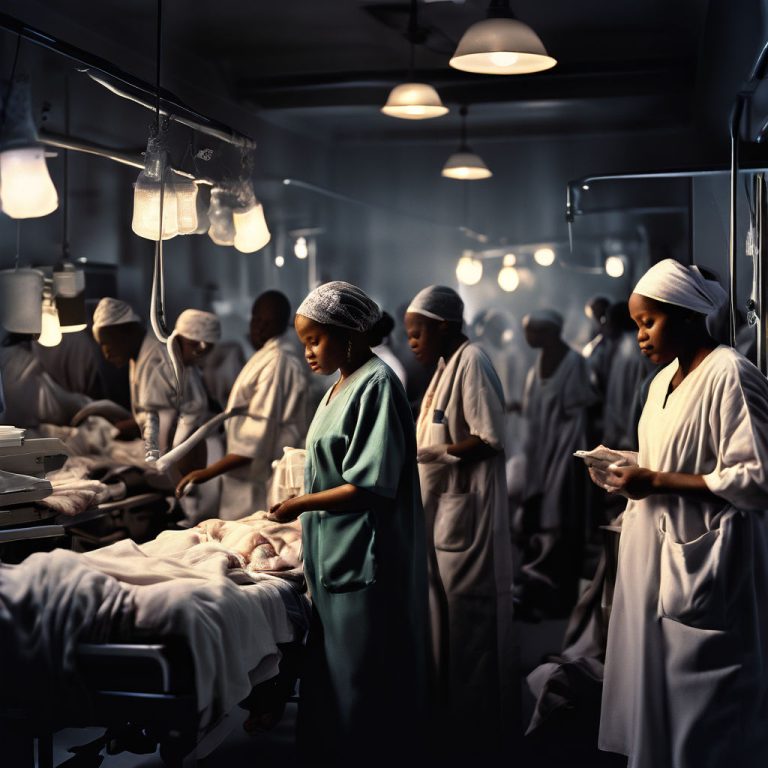The Arthur Mbanefo Digital Research Centre at the University of Lagos has said that healthcare in Nigeria should not only be seen as a social need, but also as something very important for the economy.
This message was strongly repeated during the sixth Arthur Mbanefo Lecture, which focused on improving Nigeria’s healthcare system through better and long-term investment.
The event, held at UNILAG, had the theme: “A healthy nation is a wealthy nation: The role of impact investments and sustainable financing in Nigeria.”
The lecture brought together experts, leaders, and scholars to talk about how Nigeria can improve its health services by working together and using smart ways to fund the system.
Dr. Tolulope Adewole, Managing Director of NSIA Advanced Medical Services Limited, gave the main speech. He said health should be seen not just as a service, but as a key part of the country’s economy.
He explained that health affects the whole country. If people aren’t healthy, they can’t work well, new ideas slow down, and the country stops growing.
Dr. Adewole added that the government can’t do it alone. There needs to be smart investing, steady funding, and teamwork from different sectors.
He suggested four main ways to bring more investment into healthcare: working with institutions, getting the private sector involved, forming public-private partnerships, and encouraging collaboration between government bodies.
He also said the government should follow global standards when measuring the impact of healthcare investments, using systems like IRIS+ and the SDG Impact Standards.
To attract money and improve key areas like maternal health, cancer care, and medical testing, Dr. Adewole said Nigeria must build strong and trustworthy health systems now, not later.
Mr. Kola Adesina, Group Managing Director of Sahara Power Group and the event chairman, criticized the poor follow-through of health policies.
He said Nigeria has many good plans in place, but the problem is that they are not being carried out properly by the people in charge.
Adesina encouraged others to work closely with Dr. Adewole to make progress, saying that this is how they can truly honour the legacy of Chief Mbanefo.
Dr. Bode Karunwi, a board member of AMDRC, said Nigeria’s system of government is not working well, especially in healthcare.
He said state-run health centres are failing, and the same problem exists in education. Everything seems to depend on the federal government, but local and state governments also need to do their jobs and be held responsible.
Prof. Abigail Ogwezzy-Ndisika, a former head of UNILAG’s Mass Communication Department, said Nigeria’s efforts to create top medical centres have failed because of corruption and poor-quality equipment.
She warned that no matter how much money is spent, without accountability and transparency, the problems will continue.
UNILAG Vice-Chancellor, Prof. Folasade Ogunsola, praised Chief Mbanefo, calling him a forward-thinking man whose donations helped build Nigeria’s knowledge base.
She said the lecture was more than a discussion—it was a way to celebrate Mbanefo’s values, his smart planning, and his service to Nigeria.
Prof. Ogunsola also talked about AMDRC’s recent progress, like being chosen by the UNDP to host a new AI research centre, working on alternative energy with Sahara Group, and an upcoming agreement to fully digitize the university.
She said the centre is not just helping students learn but is also preparing them to become creators and problem solvers, using digital tools and innovation.
Finally, the VC thanked Mr. Kola Adesina for his support, including a recent donation of a simulation lab, and praised the AMDRC board, led by Mr. Ernest Ebi, for their dedication and hard work.


